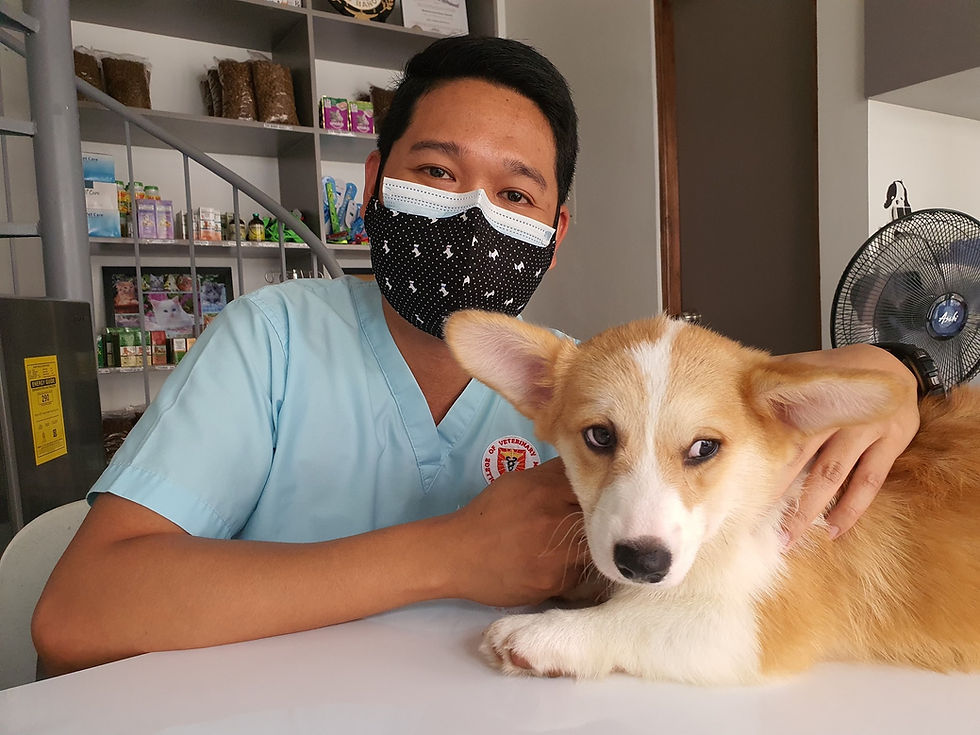Burnout: What Is It & How to Recover
- Madelinne D.

- Apr 1, 2021
- 2 min read

You may often overhear friends or coworkers say "be careful, don't overwork yourself, or else you'll feel burnt out". But, what does this actually mean? The use of the term "burnout" became popular when it was used by psychologist and psychotherapist, Herbert Freudenberger, who published an article describing burnout as "becoming exhausted by making excessive demands on energy, strength, or resources". Nowadays, it is defined as a negative psychological state that may present behavioral, physical, and cognitive symptoms that could cause us severe distress and as a result, interfere with our normal functioning.
So, let's say you are scheduled to work 20 hours a week because you are a full-time student and want to set some time aside for school but then you decide to take up seven extra hours at your other job. This may not seem too bad yet but what if on top of that you promised your boss that you would also coordinate a meeting for 50+ people and now that you remember, you also promised your friend that you would babysit her 2-year-old for the entire week because their babysitter is on vacation. Now, I am not saying this is impossible to do, but if you continue to hold yourself accountable for all of these tasks every single week knowing the stress it causes within you, then I would suggest taking a moment to think if you could fully commit to each task. The constant presence of stress is definitely not good for our physical or emotional self so it is important to take care of this before we get stuck in a never-ending loop of stress. Below are a few ways to recover from burnout if you ever find yourself in a similar situation.

5 Ways to Recover
Get enough sleep. Fun Fact: If we live to be 90 years, sleep will account for 32 of those years! Sleep is extremely important.
Learn to set boundaries. Learning to say no when your body cannot handle it, will help you prioritize your own commitments.
Create a self-care routine that works for you. You can focus on spiritual, physical, social, and emotional forms of self-care. E.g., Journaling, exercising, meditating, reading, etc.
Change the way you view your job. Find at least one thing you enjoy about it and do it to the best of your ability.
Reconnect with loved ones. If you have not talked to your closest friends in a while, try reaching out and catching up with them.




Comments